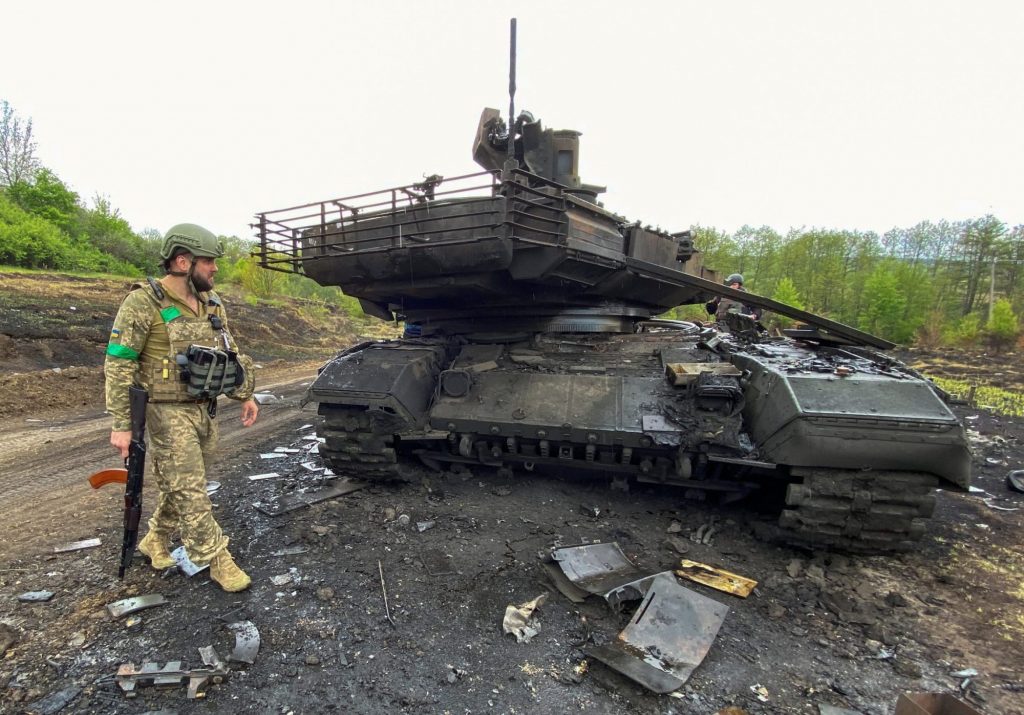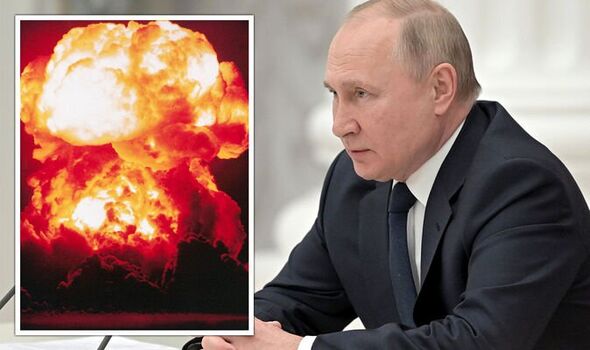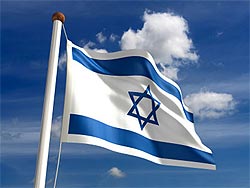
In my last post I tried to explain the nature and purpose of the various parties represented in Israel’s parliament (the Knesset). Consquently, a friend of mine, the award-winning painter Bob Barancik (see on him https://www.creativeshare.com/bio.php) confronted me with some questions of his own. So here are my answers—for what they are worth.
Q: Did the recent raft of insubordinations among reserve air force pilots and IDF officers permanently damage the security of the state against Iran and other hostile Arab states?
A: Possibly so. War being what it is, the most important factor in waging it is not technology, however sophisticated. It is, rather, fighting spirit which in turn can only rest on mutual trust (as people used to say when Germany still had an army, today it’s you, tomorrow it’s me). The way some Israeli pilots, flight controllers, drone-operators ground officers and of course lawyers see it, that trust has been violated by their political superiors who, by seeking to drastically increase the power of the executive in particular, are weakening the judiciary and preparing a dictatorship. This, on top of demanding that the police and the military resort to draconian measures to break the resistance of the occupied Palestinian population—so draconian that, should they be implemented, they have an excellent chance of causing those who carry them out to be dragged in front of the International Court for War Crimes in The Hague.
The problem is like cancer. The longer it persists, the worse it will become and the harder it will be to repair the damage already done.
Q: Could there realistically be a putsch orchestrated by IDF generals and/or security services to forcibly remove Netanyahu, Smotrich, Ben-Gvir from office?
A: I very much doubt it. Do not forget that the IDF, unlike most modern armed forces, is mainly made up not of professionals but of conscripts and reservists. They will be split in the middle, just like the rest of Israeli society. The outcome will be total disintegration.
Q: Could the Camp David Accords simply be ignored by Egypt and a return to old hostilities?
A: Such a move almost certainly will not come all at once but take time and psychological preparation among the masses. Also, an extreme provocation such as an Israeli attempt to expel the Palestinian population of the West Bank. But yes, it could happen.
Q: Do the Arab countries and Iran need Israel to continue to exist as a domestic “punching bag” or is the hatred so great that there could be a genocide of Israeli Jews ala Mufti of Jerusalem?
A: You ask as if Arabs and Iranians were made of the same piece. But they are not. Among the Arabs, the masses, including the better educated, hate Israel more than the government does. In Iran the situation is the opposite.
Incidentally, did it ever occur to you that things may also work the other way around—i.e that, vice vice versa, it is some Israeli circles that are using the threat as a punching bag?
Q: Is it likely that Hezbollah aka Iran will unleash a sustained barrage of missiles that would cripple Israeli infrastructure? Or will Israel’s nuclear capacity continue to deter the mullahs in the short run?
A: Israel has never published any nuclear doctrine it may have. At the same time, the general belief is that its leaders will only resort to nukes in case the country faces complete defeat—as by having its army reduced to the point where it can no longer fight, its logistic infrastructure knocked out, and a considerable part of its territory and population overrun.
With the worst will in the world, Hezbollah does not have what it takes to achieve these aims; so it will depend on Iranian (and Syrian) support. A bombardment with Iranian and Syrian chemical weapons might indeed lead Israel first to threaten and then use its weapons of last resort.
Q: Do you see an exodus of the “best and the brightest” if Bibi and company continue to hang on to power?
A: This is already happening. Many—no one knows just how many—academics, physicians, and other kinds of highly qualified experts are leaving or looking for ways to leave. The shekel, which for several years used to be called the strongest currency one earth, is falling. Tens of thousands, including some members of my own family, are trying to obtain foreign citizenship in addition to their Israeli one. While there are no statistics, my guess would be that there are few Israeli families left that have not considered this possibility more or less seriously.
Q: We live in the postmodern world, where everything is possible and almost nothing is certain.
A: How true. But it does not make forecasting the future any easier. If anything, to the contrary.
Q: Do you believe as someone said, that “This too shall pass”?
A: I think the threat is the most serious one Israel has faced since 1973. Unless very, very great care is taken by Netanyahu, his government and his successors civil war, not just between Jew and Arab but among the Jews themselves, is inevitable. Such a war, especially one that leads to foreign (Arab and Iranian) involvement, might very well mean, finis, Israel.

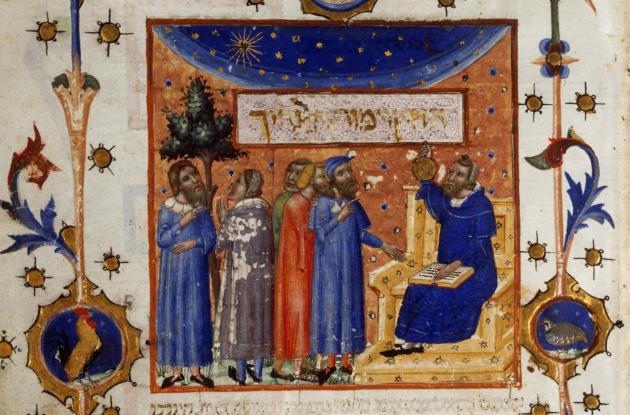
 Note: This litte essay was first posted on this blog on 22 December 2022, i.e ten months after Putin started the Russo-Ukrainian War. Since then another nine months have passed. Curious to know how well my original remarks have held up, I re-read and reposted it here. Word by word.
Note: This litte essay was first posted on this blog on 22 December 2022, i.e ten months after Putin started the Russo-Ukrainian War. Since then another nine months have passed. Curious to know how well my original remarks have held up, I re-read and reposted it here. Word by word.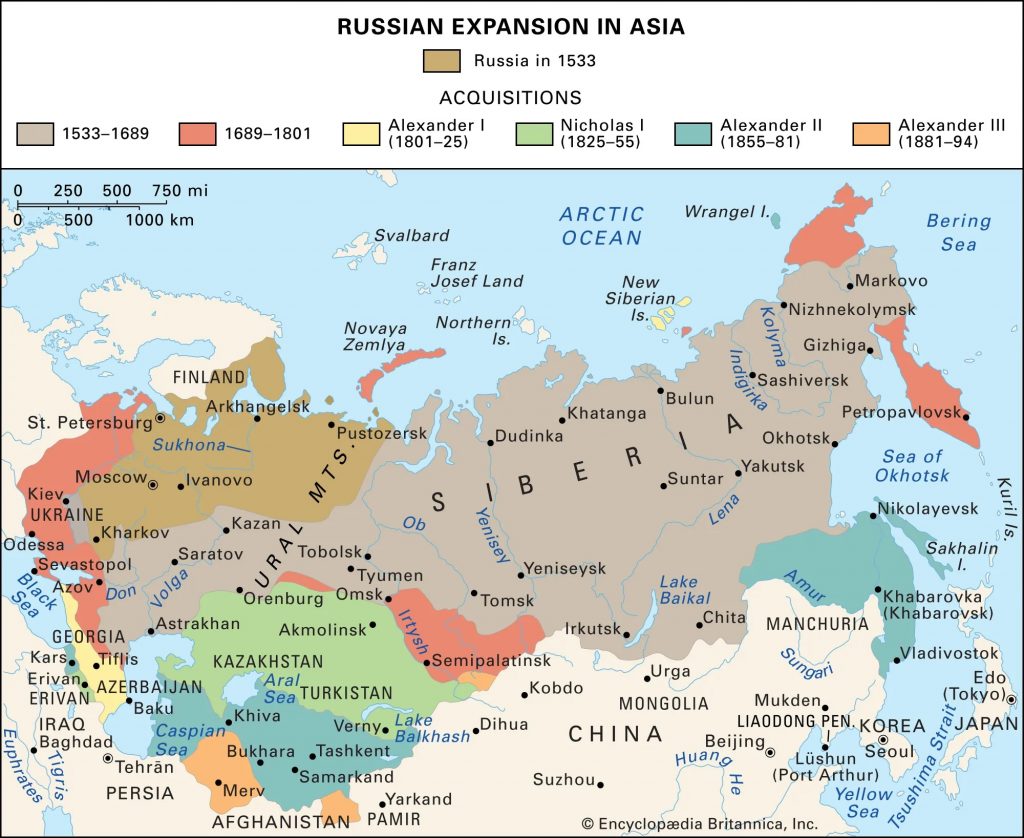
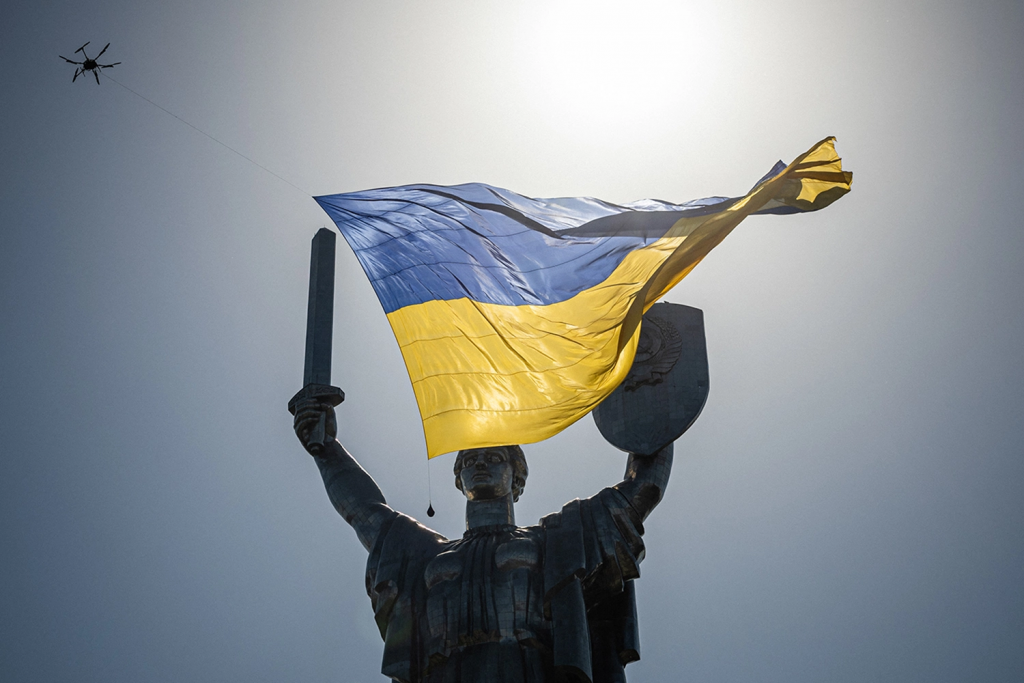
 A good friend has suggested that I write down the shortest possible summary of everything I’ve learnt, or believe I’ve learnt, from my twenty-something years’ worth of researching and writing about, women, feminism, and the relationship between the sexes.
A good friend has suggested that I write down the shortest possible summary of everything I’ve learnt, or believe I’ve learnt, from my twenty-something years’ worth of researching and writing about, women, feminism, and the relationship between the sexes.

